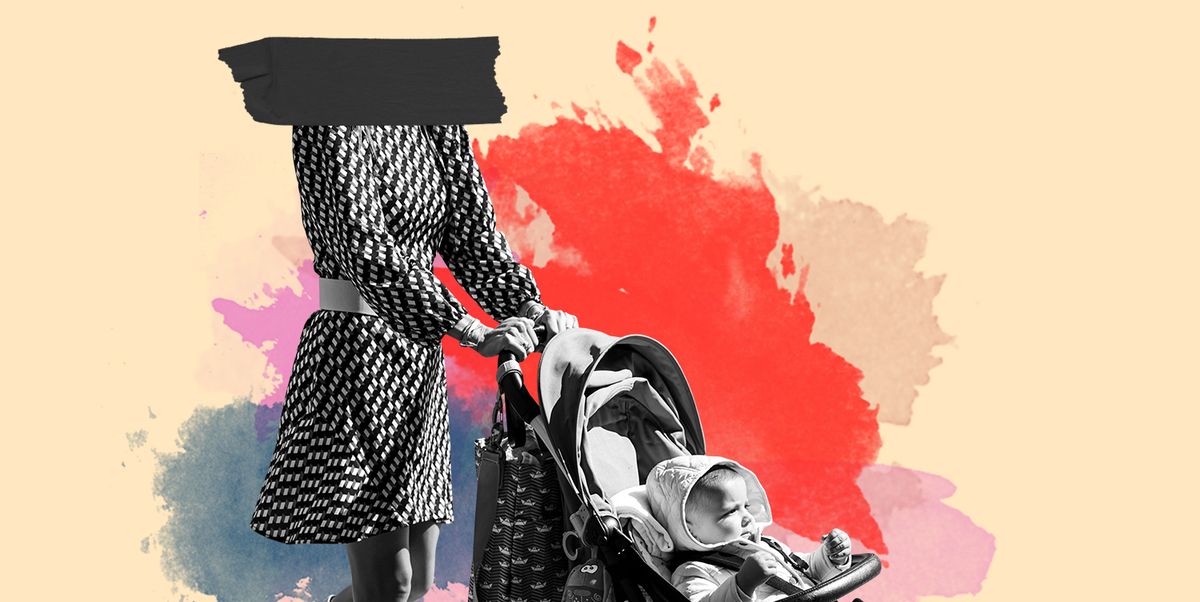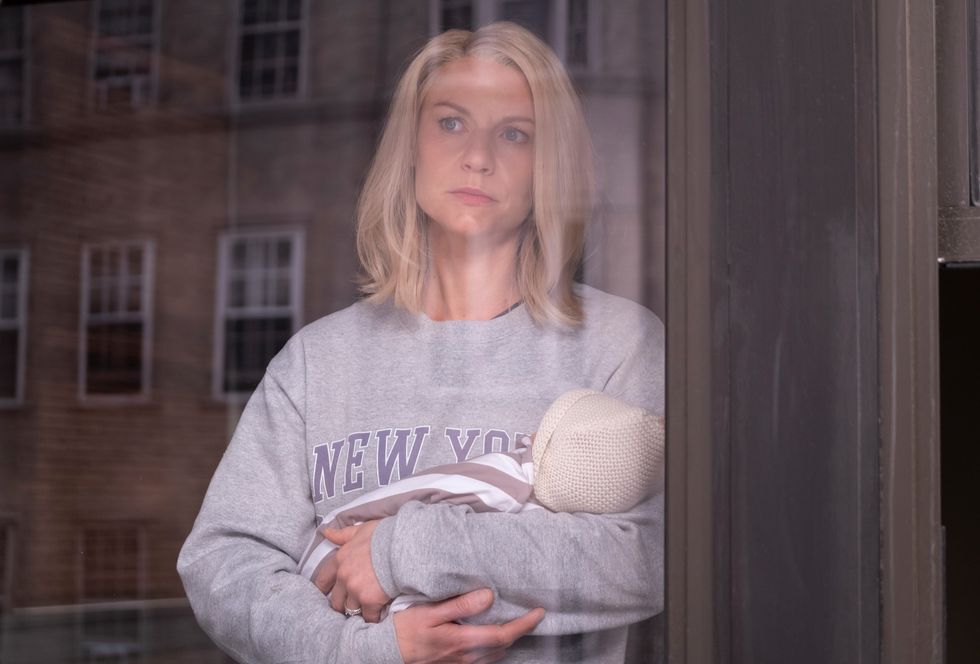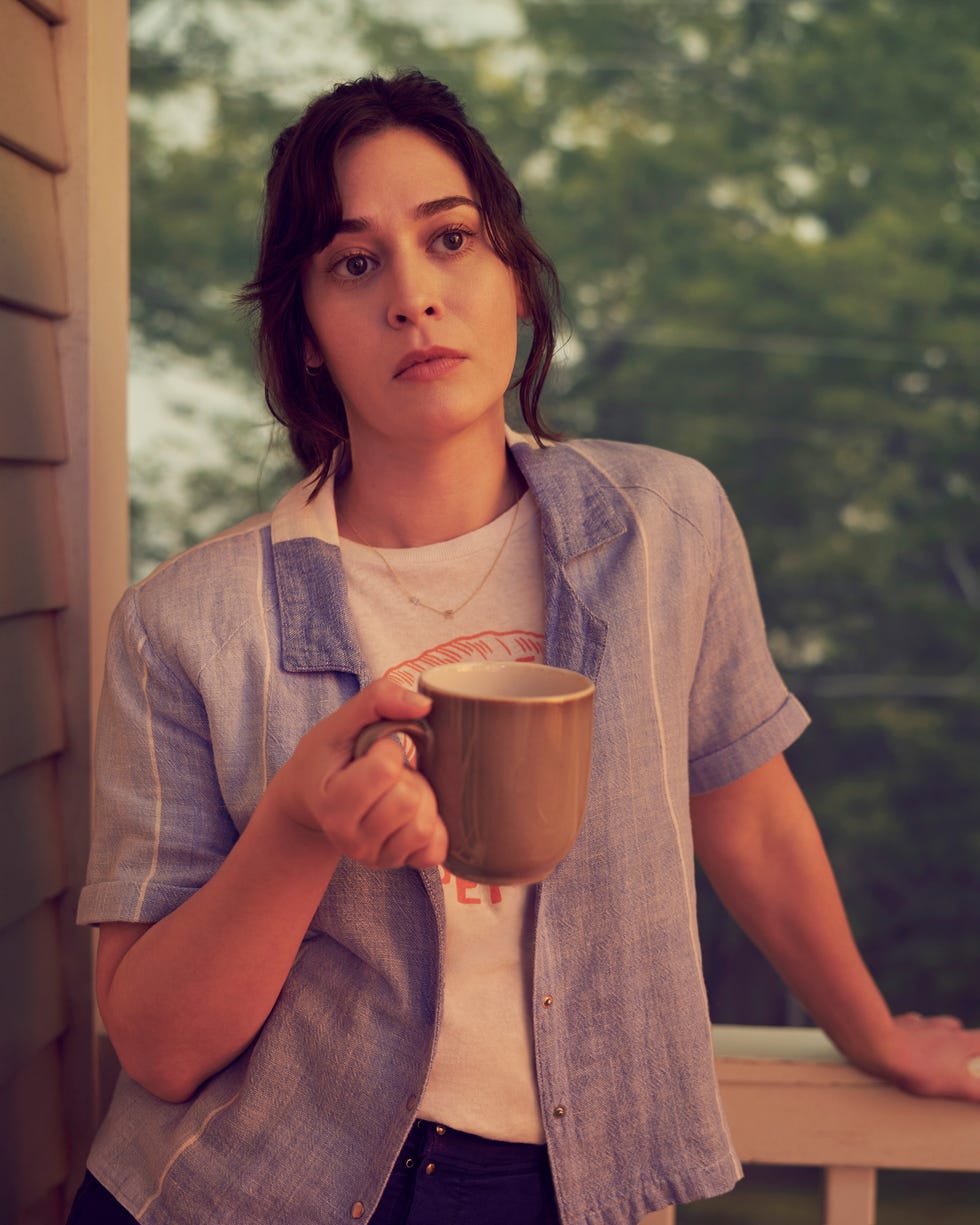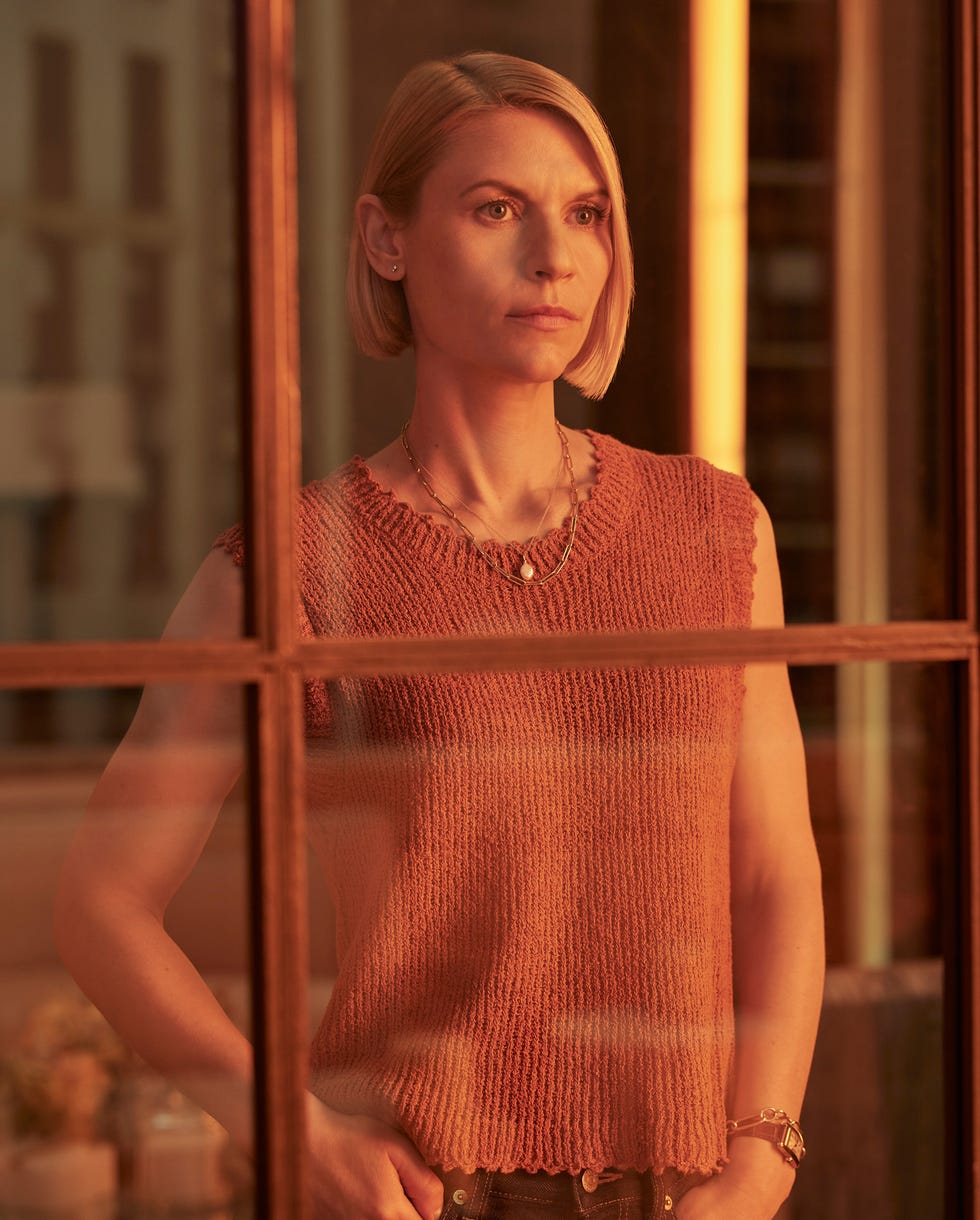Products You May Like
Before I became a parent and was still pondering the pros and cons of having children, a friend told me, half-jokingly, that the worst part of having kids is other parents. It’s a rejoinder that popped into my mind watching the television adaption of Taffy Brodesser-Akner’s novel, Fleishman Is In Trouble, as Rachel, played by Claire Danes, tries to navigate the treacherous and high-stakes world of mom friendships.
Women are implored to cultivate these relationships. Consider that Rachel’s husband, Toby Fleishman’s, journey into sole parenting, the result of his wife disappearing, does not involve a plot line about trying to make dad friends. And there’s a reason for that. In Rachel’s affluent New York City bubble—one that has some similarities to my own, including the school her children attend, which, for the record, since it was a bit caricatured in the show, is a fabulous institution filled with some of the best, most caring educators on the planet—mothers are often the social lifelines and gatekeepers.
As a college friend of mine who now has a couple of kids and lives in a New York city suburb put it: “I worry if I don’t keep up mom friendships, my kids won’t be invited to things. The social calendar revolves around these text threads and it’s all moms. The social stuff totally falls on the women.” Libby Slater, Fleishman’s voiceover narrator who serves as Rachel’s inner monologue, observes: “Toby could set up a playdate, sure. He could offer to take the kids to the doctor, but he wasn’t a mother. The system was built by mothers, for mothers.” While my husband does the majority of school drop-offs and pick-ups, he isn’t part of any dad WhatsApp groups (I’m in at least four of them between my two kids), not because he is morally opposed in any way, but simply because there aren’t any.
So where does that leave those of us, like me, for whom mom friendships have felt forced, performative, fraught, and just like more emotional labor?
I’ll tell you: in a kind of no mom’s land.
After I had my daughter in early 2018, I was feeling out of sorts. My therapist suggested I join a mom’s group. He thought it would help me transition into my new role. I remember asking him, rather incredulously, “Why would I do that?” What I really needed was the mental space and time to work. More than anything, I was yearning to connect with my former identity. To be fair, joining a mom’s group wasn’t an outlandish suggestion for someone who just had a baby, but it hit on something I’ve observed: The mom friendship is offered as a salve for every motherhood-related ill.
When Rachel is suffering from postpartum depression after a birth experience that felt more like a sexual assault because her doctor broke her water without her permission, Toby tries to help by suggesting: “What about the women from the prenatal yoga class you liked so much…have coffee with them.”
Rachel does not find comfort in these mom “friends,” who blow her off in the park one day, but rather in a sexual assault survivor support group. The women in the survivor group hold Rachel as she bawls and lets out primal screams. It’s a profound depiction of how just bearing witness to someone’s pain, even if no words are exchanged, is cathartic—and therapeutic. In contrast, the women from the prenatal yoga class respond to Rachel by saying they are too busy sleep training or away in the Hamptons for the weekend.
While my husband never made this suggestion or, for that matter, even brought up the idea of making mom friends, the default mode of our highly gendered parenting bubble hasn’t given me much choice. A few years ago, I thought that perhaps I had come up with a clever way of maneuvering out of the whole parent social world by enrolling my daughter in a preschool where I don’t speak the language but my husband does. Then COVID hit and the school closed. So now I was back in the mom friend game, for both my daughter and son, who was born in March 2020.
When Rachel finds healing outside of the mom sphere, it made me think about one of my fundamental issues with friendships formed around motherhood. Why should we be friends just because your kid likes Elsa or Elmo (or whatever it is) and so does mine, or that we both decided to have children? None of that is a foundation for connection, or a sign that we should spend hours trying to make conversation. To this day, and now as the mother of two young children, my closest friends are ones I made pre-kids. (Obvious disclaimer: Many women have very nourishing and rewarding friendships with other mothers.)
Still, there is often a fork in the road. My college friend laid it out as: “Do you go down the Rachel Fleishman path constructing inauthentic friendships that can fall apart, or do you build real connections that are based on raw, vulnerable shit?” (She has chosen the latter and says those friendships have been an important source of strength for her.) I, however, relate more to Rachel’s approach, where she puts on her game face and avoids, as best she can, making the same mistake of being raw, vulnerable, or worse, forthright.
When her children are school-age, Rachel gets together with her new group of mom friends, and the topic turns to how hard motherhood is. Standing in a lavish living room, where Rachel is the only working mom, one of the other mothers says: “I wish I had a job. It sounds like a vacation.” Another mom chimes in: “Can I go on maternity leave from motherhood?” Rachel doesn’t interject to dispel their “fiction that being a mother is the hardest job in the world.” What she really thinks, as narrated by Slater, is: “Having an actual job and being a mother is the hardest job in the world. You don’t have to say—it’s obvious. Two full-time jobs. It’s just math.”
But Rachel knows that it would be mom friendship suicide to tell a group of stay-at-home mothers that motherhood alone isn’t the hardest job in the world. After all, “these friends,” as the voiceover says, “could be gone in a minute.” Rachel engages in a bit of charade—one I’m familiar with—where she clinks wine glasses, gamely telling the other moms, “Hardest job in the world,” referring to motherhood.
The scene is less about whether motherhood is the hardest job in the world, but rather how motherhood is a projection space for so many conflicted feelings about work, money, class, and gender roles. Then add into the mix that mothers are greatly undervalued societal assets, leaving many feeling vulnerable, lonely, and insecure. It’s one reason I think there are very few safe or uncontroversial topics among other mothers—something I keep bumping up against.
Recently, I went down the wrong road with a mom I didn’t know that well. I started expressing skepticism about the very generous legacy and sibling policies at many New York City private schools. Since that conversation, she hasn’t texted about a play date. There could be any number of explanations as to why (and I haven’t reached out either), but it reminded me that there is something so inherently fraught about cultivating mom friendships. It’s a tightrope act where, once it’s clear your values diverge in a way that feels threatening to the other person, the whole relationship can crumble or, in my case, just fail to launch. This might be difficult to talk to someone you don’t know well under any circumstance, but I know I hit a nerve with the other mom because what I was really talking about was dismantling a system that privileges the privileged and that made her uncomfortable. (Yes, I know this isn’t a winning topic in Rachel Fleishman territory.)
There is an equilibrium to the mom friendship that can so easily be disrupted by a mom friend’s kid getting into the school your child was vying for, feeling judged by another mom who doesn’t think M&Ms are an appropriate breakfast food, or refusing to abide by the mother who glibly excuses hitting and pushing. All these currents, many of which remain unspoken, are the dark underbelly of the mom friendship. Yet we encourage women to “make mom friends,” never fully acknowledging the painstaking work they take to cultivate and maintain.
I was thinking recently about the relationships I’ve formed out in the wild—connections that were made in school or through work—after I had two sprawling conversations, ranging from very consequential to utterly mundane topics, with two friends of mine from college. This might sound like a non-event or just another Saturday, but it reminded me of what real friendship feels like, the kind that is built on shared interests and mutual respect. There’s a freedom in choosing who you surround yourself with—one that often gets lost in motherhood.
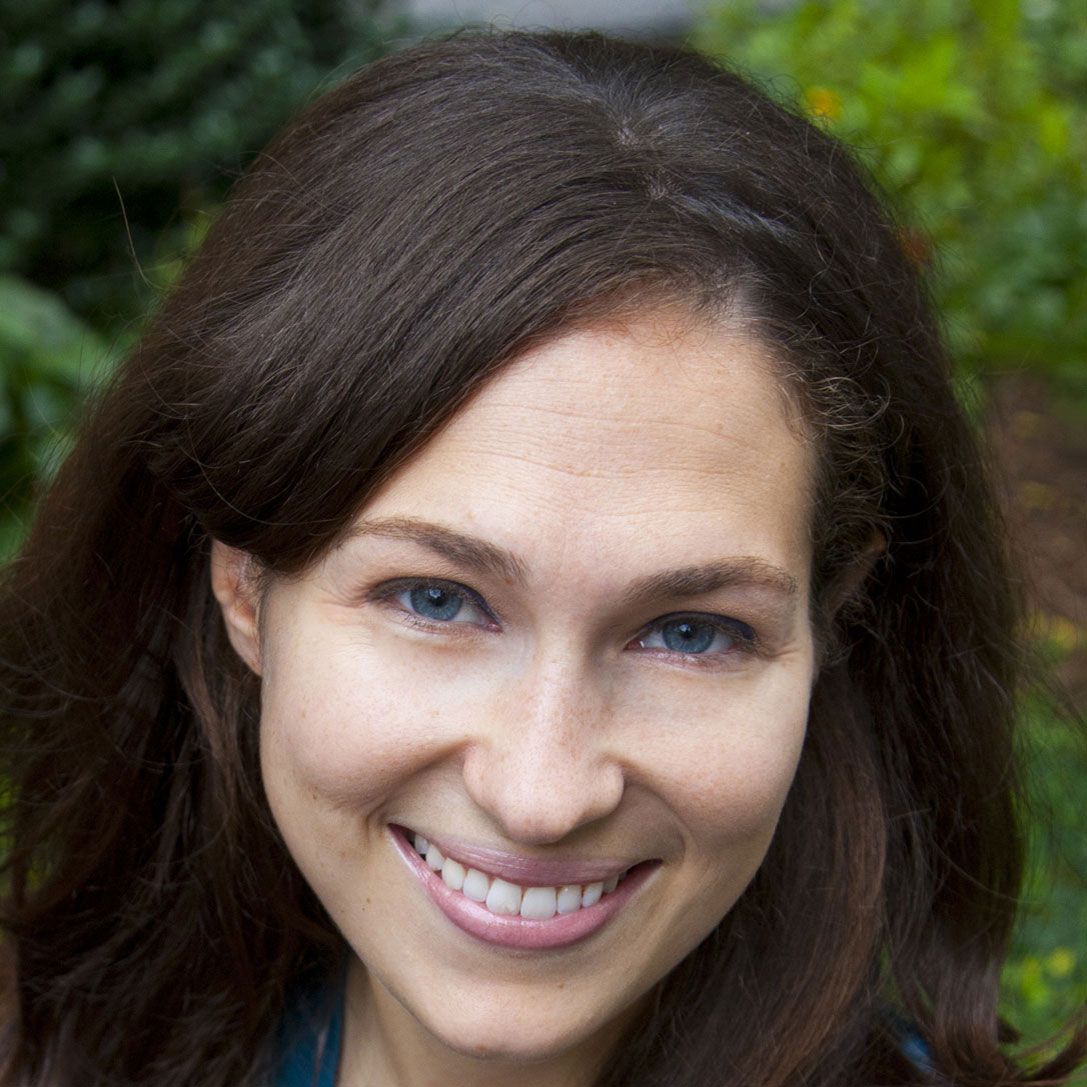
Freelance Writer
Hannah Seligson is New York City-based writer who covers gender, culture, and social media trends whose work has appeared in The New York Times, The Daily Beast, and Rolling Stone, among other publications.
